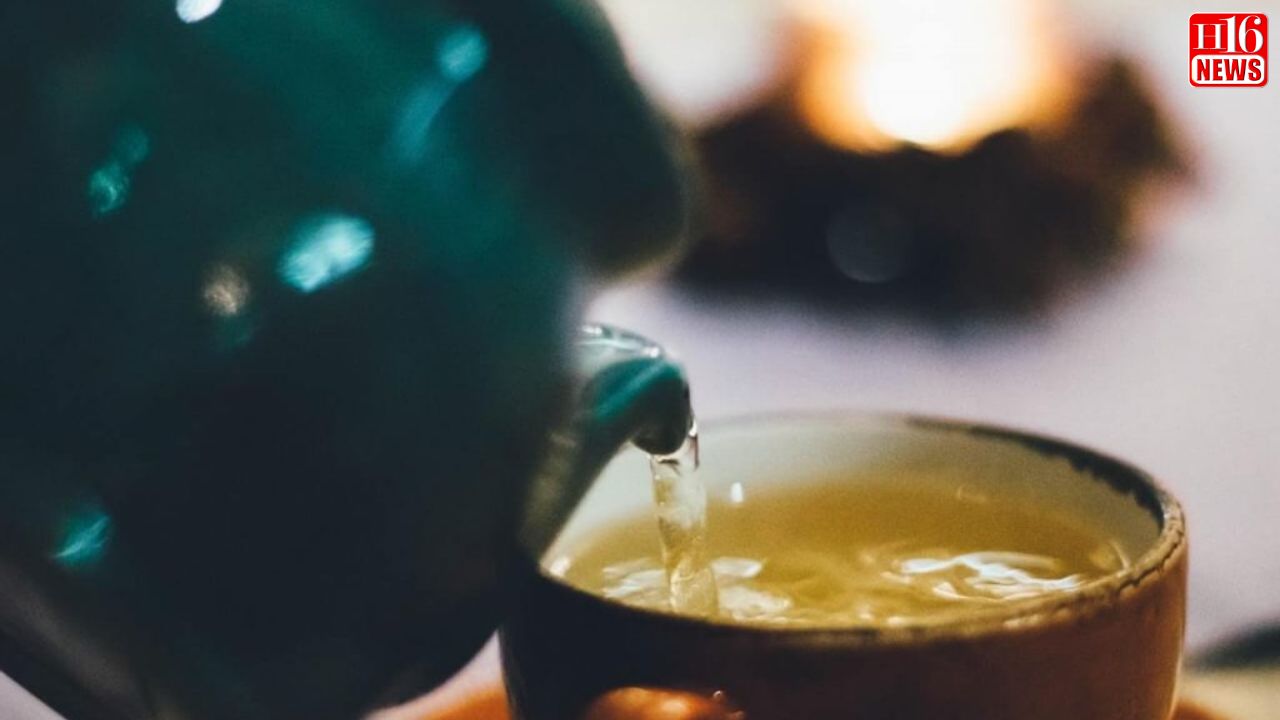6 Caffeine-free Teas For Your Wellness
Popular herbal teas you should brew for your wellness, and what science says about how they may help.
Beyond your classic cup of chai, there’s a growing buzz around herbal teas (natural infusions made from flowers, herbs, and roots). These caffeine-free brews come with a side of wellness benefits, backed by both ancient wisdom and modern science. Herbal teas are little wellness rituals you can easily include in your day.
Peppermint Tea For Digestion and Headaches:
Refreshing and cooling, peppermint tea is a go-to for soothing stomach troubles. Studies show that peppermint oil can relieve symptoms of irritable bowel syndrome (IBS). While the tea isn’t as concentrated, it still carries digestive benefits. It’s also been used traditionally to help ease tension headaches.
Good for: Indigestion, bloating, nausea, mild headaches.
Chamomile Tea For Sleep and Stress:
Known for its calming properties, this floral tea is often used as a bedtime drink. Research published in the Complementary Therapies in Medicine found that chamomile tea may help improve sleep quality and reduce symptoms of depression in postpartum women. Another study in Phytomedicine suggested chamomile extract may have anti-anxiety effects.
Ginger-Lemon Tea For Immunity and Inflammation:
This spicy-sour combo packs a punch. Ginger has long been used in Ayurvedic and traditional medicine, and studies support its anti-inflammatory and immune-boosting effects. Lemons are rich in vitamin C, which helps the body fight infections. Together, they make a great daily detox drink with a few drops of honey.
Good for: Immunity, cold symptoms, reducing inflammation.
Hibiscus Tea For Blood Pressure and Heart Health:
Hibiscus tea’s bright red colour is matched by its powerful heart benefits. A study in the Journal of Advanced Pharmaceutical Technology and Research found that drinking hibiscus tea daily significantly lowered blood pressure in adults with mild hypertension. It’s also rich in antioxidants like anthocyanins, which protect the heart.
Good for: Lowering blood pressure, heart health, antioxidant boost.
Tulsi Tea For Immunity and Stress:
In Indian households, tulsi is a remedy. Known as holy basil, tulsi has antimicrobial and adaptogenic properties, which help the body deal with stress. A review in the Journal of Ayurveda and Integrative Medicine noted tulsi’s ability to enhance immunity and reduce stress and inflammation.
Good for: Building immunity, managing stress, fighting infections.
Moringa Tea For Energy and Nutrients:
Moringa is often called a “miracle tree” and its leaves are packed with iron, calcium, and antioxidants. Moringa tea is known to help with blood sugar control. It may also reduce fatigue and support overall health thanks to its high nutrient content.
Good for: Energy, blood sugar balance, nutrient boost.
At the end of the day, remember that herbal teas are a complement (not a replacement) for medical treatment. Cheers to tea, health, and happiness.
Read More :

